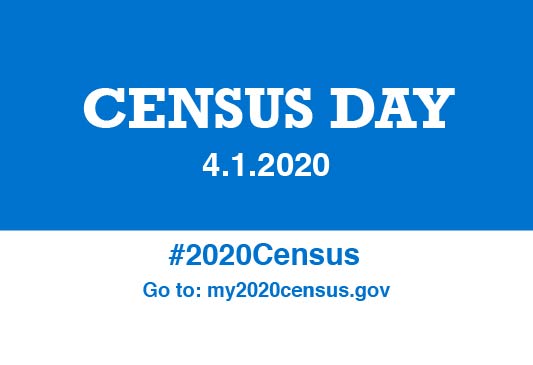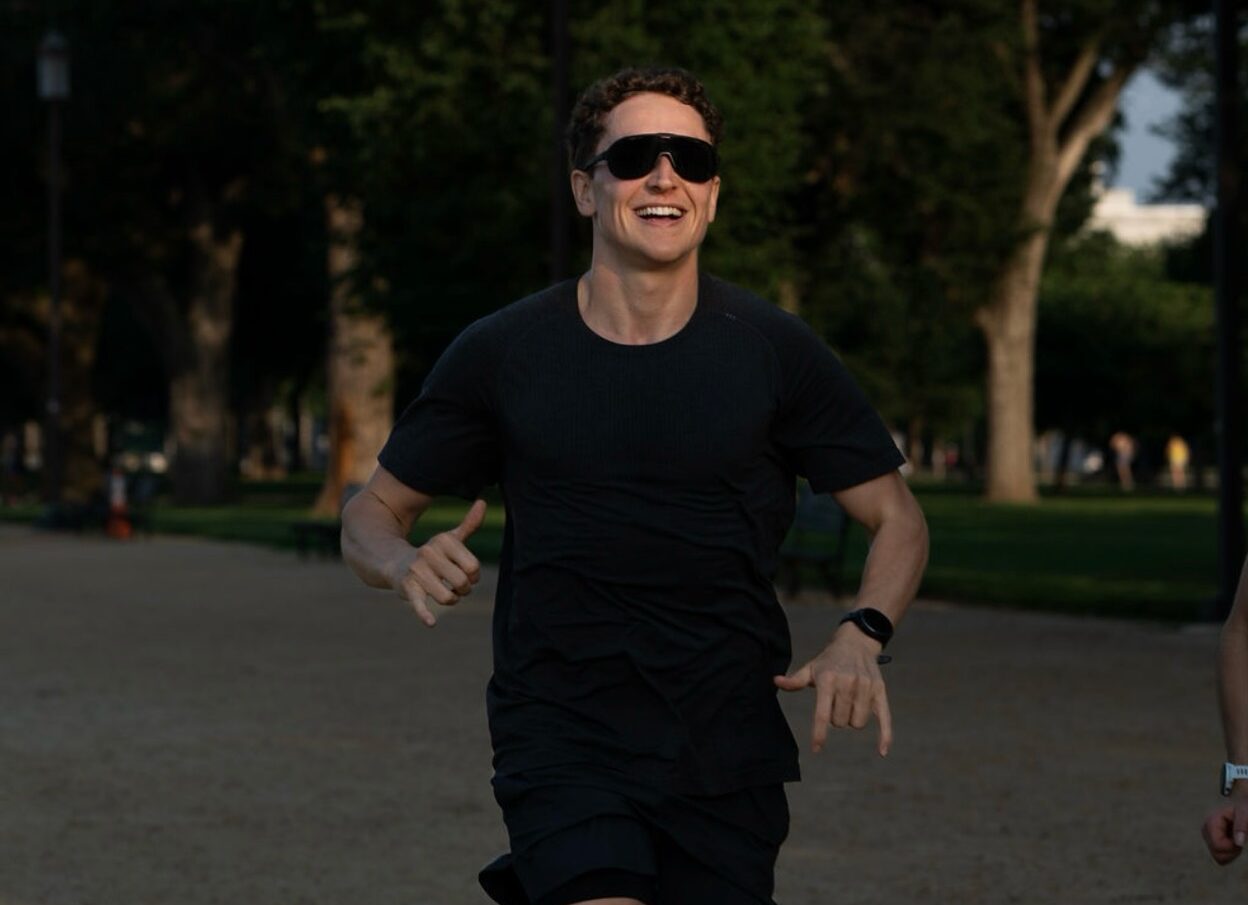BLOG
- CRIS-J
- Atlas HOPE
- Women Rising
- Supervised Release
- Digital Equity
- Recovery (the NEST)
- Care Management
- Housing
- Employment Services
- Education
- Family Services
- Alternatives to Incarceration
- Mental Health
- Substance Use
- Treatment Services
- Health Services
- Benefits Application Assistance
- Food and Nutrition
- Creative Arts
- Transitional Services
- DRCPP
- Events
- Participant Stories
- 2024
- 2025
- AAPI
- activities
- advocacy
- affordable housing
- album release
- Annual Gala
- Anthony Rivera
- art
- Arts
- Arts Festival
- Asian American
- ATI
- Atlas
- Behind Bars
- Behind the bird
- benefits
- benefits access
- Better Living Center
- Beyond Release
- Black History Month
- BLC
- Bloomberg Fellowship
- book club
- bronx
- business owner
- C-CAP
- Career
- career readiness
- Career Readiness for Reentry
- career success
- CARES Act
- case management
- case manager
- Castle
- Castle Gardens
- CEO
- chef troy
- Children
- choir
- Community
- community event
- counseling
- court advocacy
- court mandate
- creative
- Creative Arts
- CRIS-J
- culinary arts
- cybersecurity awareness month
- david rothenberg
- David Rothenberg Center for Public Policy
- DE
- DEI
- Delacorte
- desistance
- dest2nation
- Digital
- Digital Divide
- digital equity
- digital skills
- Diversity Equity and Inclusion
- donate
- DRCPP
- Drone
- Education
- election
- employment
- employment assistance
- employment services
- emplyoment
- entrepreneurship
- event
- exhibition
- fair chance for housing
- fair housing
- Fair Housing Month
- family
- family services
- Father's Day
- food
- food and nutrition
- food insecurity
- food pantry
- food pantry bronx
- Fortune Faces
- Fortune Flyers
- Fortune Fresh. food access
- Fortune News
- Fortune Singers
- Fortune staff
- Fortune50
- Freedom House
- fundraising
- Gala
- Gala2021
- gallery
- gardening
- GED
- giving
- Grow with Google
- guide
- GWG
- healing
- health
- healthcare
- Healthcare Coordination
- healthy lifestyle
- Heritage Month
- HIV
- HIV/AIDS
- Hope and Justice
- housing
- HSE
- identity theft
- interns
- internship
- Joe's Pub
- Journey
- Justice in Action
- Labor Day
- leadership
- learning
- legislation
- legislative priorities
- LGBT
- LGBTQ
- LGBTQIA+
- mandaela
- Mandaela Community
- Marathon
- Martin Luther King Day
- mass incarceration
- Medicaid
- medical student
- Mental Health
- mental health treatment
- mentor
- mixtape
- mock interview
- MoMA
- MoMA PS1
- mothers day
- Music Cafe
- musical
- Native American
- NEST
- new hire
- new program
- new year
- New York City
- newsletter
- nutrition
- nutrition counseling
- NYC Marathon
- online safety
- organizing
- Pacific Islander
- pantry
- parenting
- parents
- Participant Stories
- Path
- peer support
- Performance
- performing arts
- policy
- policy center collective
- Pride
- Pride Month
- priorities
- professional
- professional development
- public benefits
- public health
- Public Theater
- Public Works
- readiness
- reconnecting
- Recovery
- reentry
- research
- Resource Guide
- resources
- RISE
- robotics
- Runner
- service center
- Shakespeare in the Park
- Shelter
- skill building
- skills building
- sky garden
- SNAP
- Solitary Confinement
- spring
- SRP
- staff
- staff stories
- Stanley
- Stanley Richards
- storytelling
- substance use
- substance use treatment
- Success
- success story
- supervised release
- support
- supportive housing
- Systems Babies
- Tax
- tax season
- Taxes
- Tech
- Tech Fair
- tech workshops
- tempest
- Thanksgiving
- The NEST
- theatre
- therapy
- trans women
- transitional services
- treatment
- visual art
- Volunteer
- voting
- webinar
- weekly groups
- WHM
- WIBO
- women
- Women rising
- Womens History Month
- workshop
- YEC

The 2020 Census: Stand and Be Counted
Started in 1790, the U.S. Census is a once-in-ten-year opportunity to count the entire U.S. population. Because the census determines the distribution of federal tax money to local communities, the allocation of resources for infrastructure, education and more directly depends on everyone’s participation. During Census 2020, it’s especially important that historically undercounted communities respond, since this will determine their resources for a decade.
With the first invitations to respond to the census being mailed out on March 12, issues surrounding the census were the topic of our latest episode of Both Sides of the Bars, “The 2020 Census: Stand and Be Counted!” The Fortune Society’s Andre Ward interviewed Kathleen Daniel, Field Director of NYC Census 2020, about the importance of engaging historically undercounted populations in the census.
“All too often communities that are the least-resourced are not involved in being counted during the census,” said Kathleen.
People impacted by the criminal justice system are often undercounted due to fear and mistrust. Immigrants, undocumented people, and those transitioning from confinement to community may be reluctant to open their doors to census workers due to negative, often traumatic experiences with the government.
Although this fear is understandable, said Kathleen, there is no reason to avoid participating because census workers are prohibited from using this information for anything other than population count. Kathleen further explains that the Census Bureau is bound by Title 13 of the United States Code, which eliminates loopholes to ensure the census is only used for statistical purposes. She adds that any breach of confidentiality under Title 13 by census employees is a federal crime.
In the second half of the episode, Andre and Kathleen also shed light on the citizenship question, which will not appear on the census form, contrary to attempts to include it by the federal government.
“The census is part of our right,” said Kathleen. “We have a right to be counted. We cannot let anybody count us out.”
Filling out the census is especially critical for people with justice involvement, many of whom come from underserved communities. Being counted is crucial to gain access to their fair share of an estimated $880 billion in federal tax dollars. This funding determines the quality of schools, representation in the government, as well as roads and bridges, all of which help their communities thrive. So, the census is “the biggest form of giving back to the community.”
This is why Kathleen views her work counting everyone in the census as a social justice movement.
“This is a civil rights movement right now, today, in our time, in our city,” Kathleen said. “We are looking at the quality of our lives here that are incumbent upon us simply participating in filling in 10 simple questions online or on the phone.”
The full episode of Both Sides of the Bars, our TV show broadcast in 26 states, is available on YouTube.



